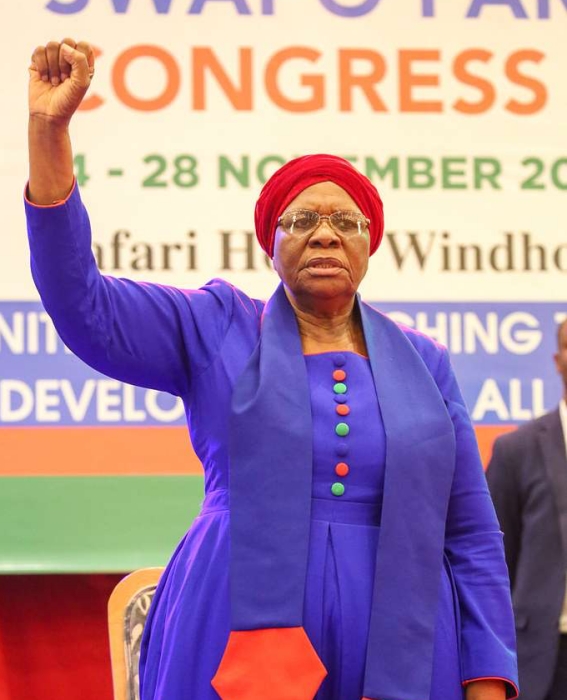Namibia’s Netumbo Nandi-Ndaitwah has been elected as the country’s first female president, continuing SWAPO’s political dominance while facing rising economic demands.

In a landmark election, Namibia has elected Netumbo Nandi-Ndaitwah as its first female president, signifying a transformative moment in the country’s political history. At 72, Nandi-Ndaitwah secured 57% of the vote, cementing the ruling SWAPO party’s dominance since Namibia gained independence in 1990.
Her victory comes at a time when public discontent with Namibia’s stagnant economy is growing. High unemployment and widespread poverty persist despite the nation’s abundance of valuable resources such as diamonds and lithium. During her campaign, Nandi-Ndaitwah promised to tackle these challenges by creating jobs and introducing reforms in key industries, including mining, tourism, and agriculture.
The election, however, was not without controversy. Technical problems, such as ballot paper shortages, delayed voting by two days. While opposition parties have raised concerns over procedural irregularities, independent observers have affirmed the election’s integrity. Panduleni Itula, leader of the Independent Patriots for Change party, which captured 20% of the vote, has announced plans to contest the results in court.
Nandi-Ndaitwah’s presidency places her among a small group of female leaders in Africa, joining the ranks of Tanzania’s President Samia Suluhu Hassan. Her long-standing political career includes serving as Namibia’s vice president, deputy prime minister, and foreign minister. A key figure in SWAPO, she has been deeply involved in the party since the liberation struggle against apartheid-era South Africa.
Sources: The Times, BBC

